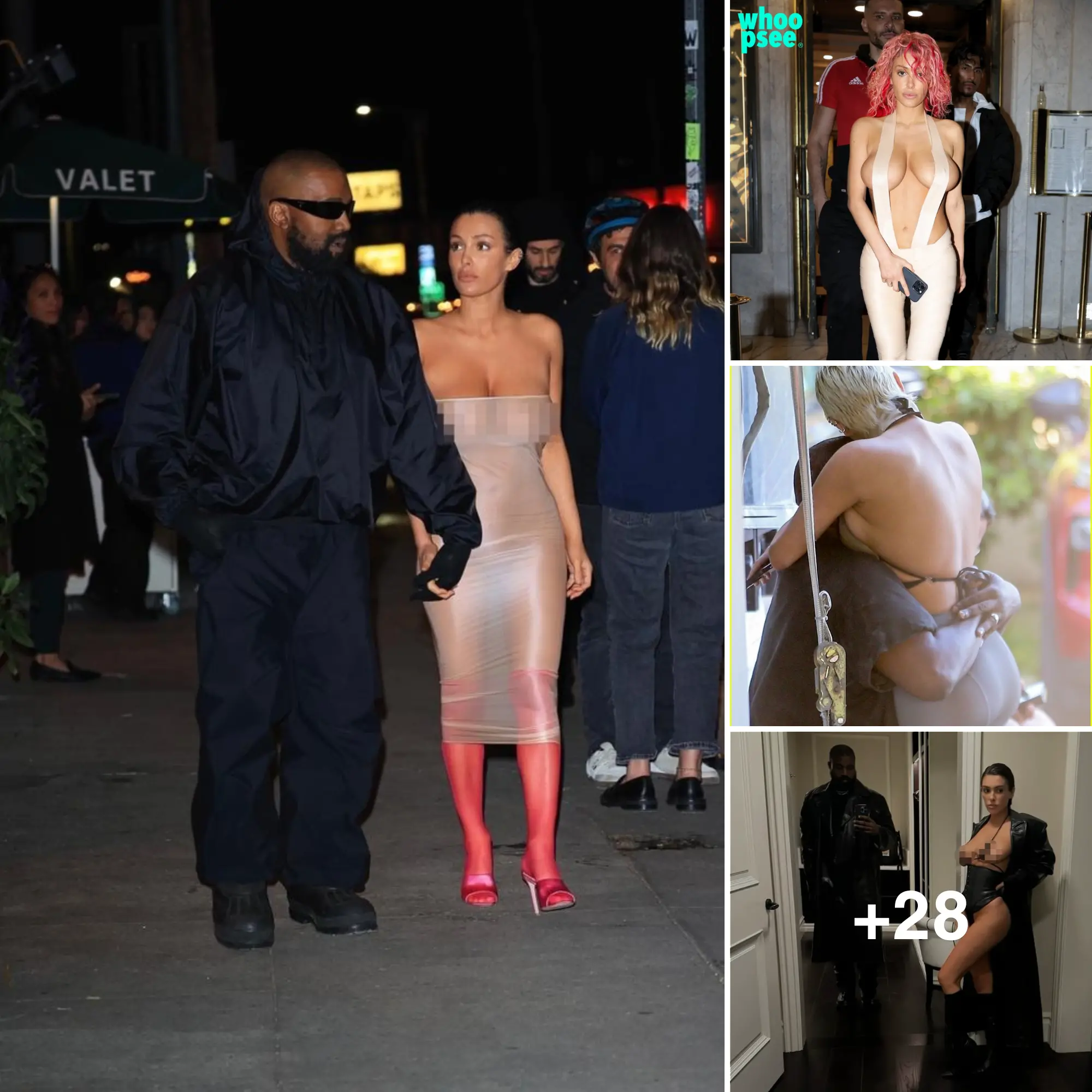
Bianca Censori, the wife of Kanye West, finds herself embroiled in a legal controversy after being accused of sending videos with unsafe content to employees at Kanye West’s company. The allegations have surfaced alongside claims that Censori promised $120,000 to the complainant if they agreed to a non-disclosure and signed a ‘volunteer’ agreement.
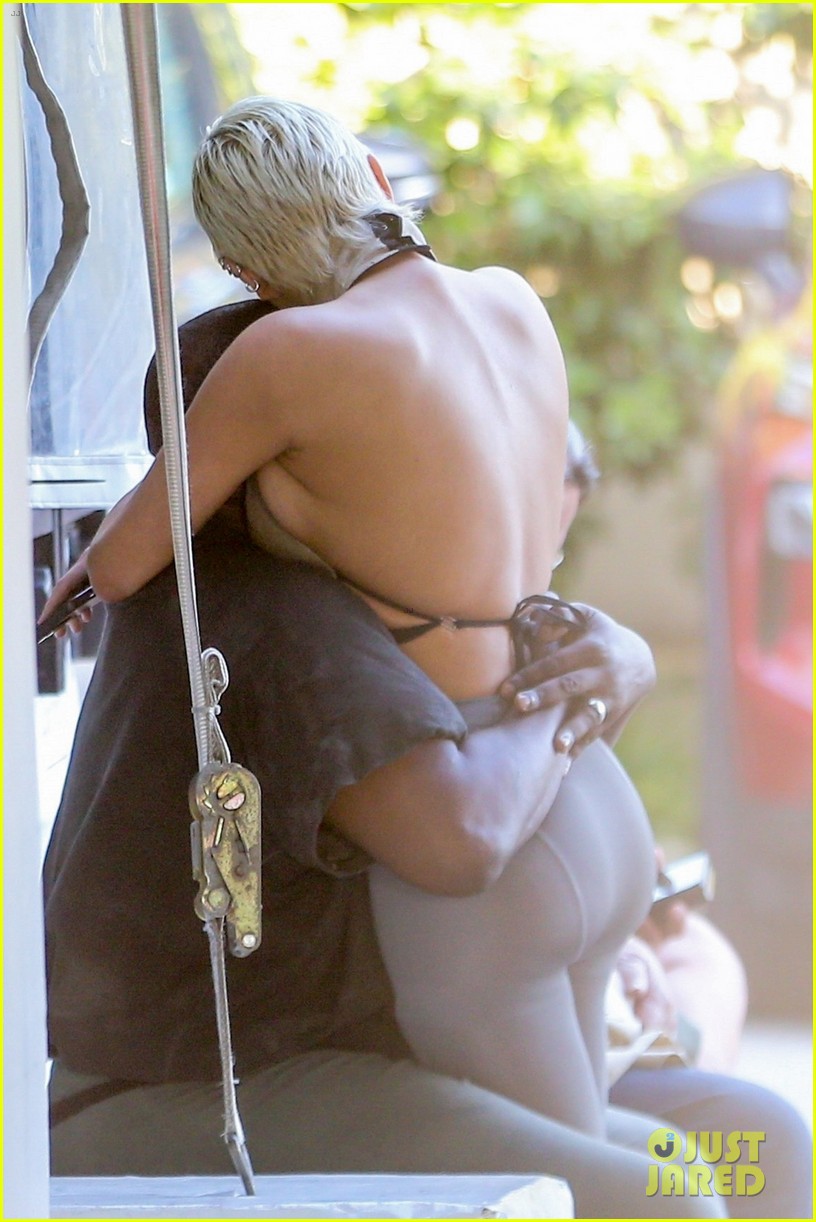
The lawsuit, filed by an employee of West’s company, alleges that Censori shared explicit videos and messages through company channels, creating an uncomfortable and hоstile work environment. The plaintiff claims that these actions were not only inappropriate but also unprofessional, leading to distress among staff members.
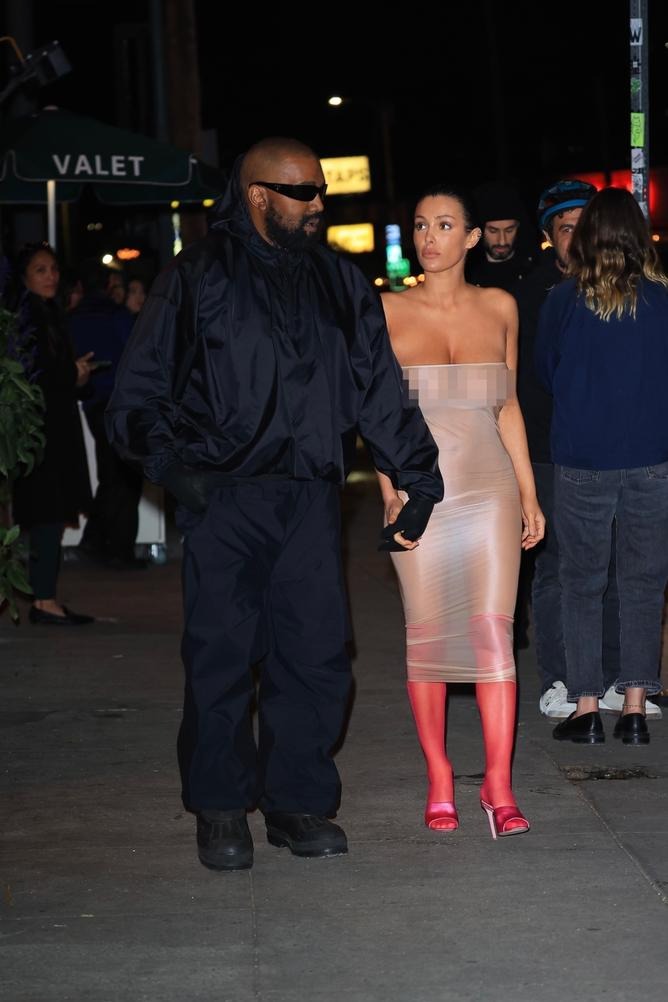
According to the lawsuit, Censori attempted to mitigate the situation by offering a substantial payment in exchange for the employee’s silence. The proposed agreement reportedly included a $120,000 payout contingent on the employee signing a non-disclosure agreement (NDA) and a ‘volunteer’ agreement, which would ostensibly reclassify the employee’s status and potentially absolve the company of certain legal responsibilities.
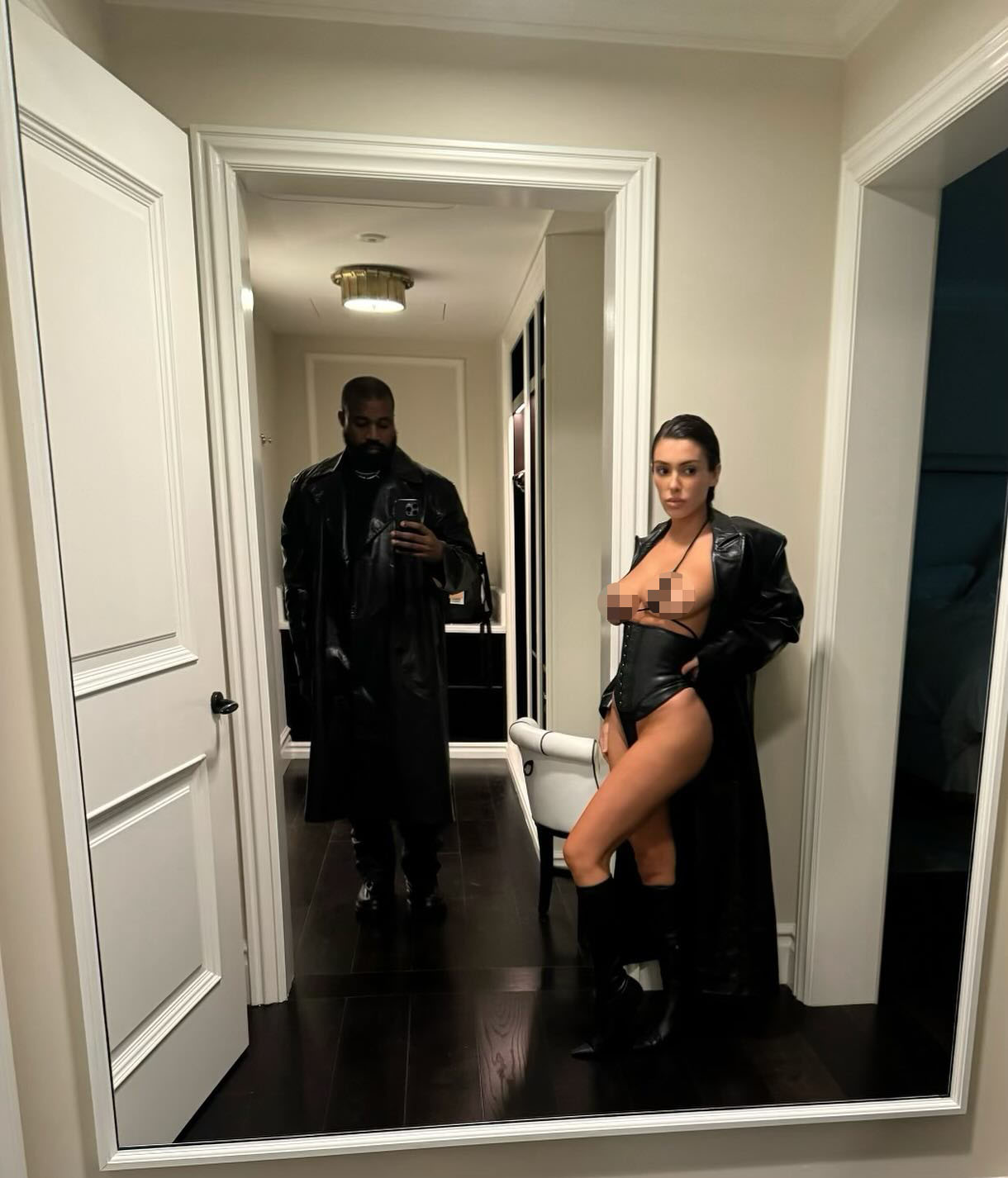
The employee, however, chose to reject the offer and pursue legal action, seeking justice and accountability for the alleged misconduct. The lawsuit outlines the employee’s experiences and the emotional and professional impact of Censori’s actions.
This legal issue has brought significant attention to Censori and West’s company, raising questions about workplace conduct and the handling of internal disputes. It also highlights the potential misuse of NDAs to cover up inappropriate behavior, a topic that has been increasingly scrutinized in recent years.
Bianca Censori has not publicly responded to the allegations. Kanye West’s representatives have also remained silent on the matter, leaving the public and media speculating about the implications for the company and the individuals involved.
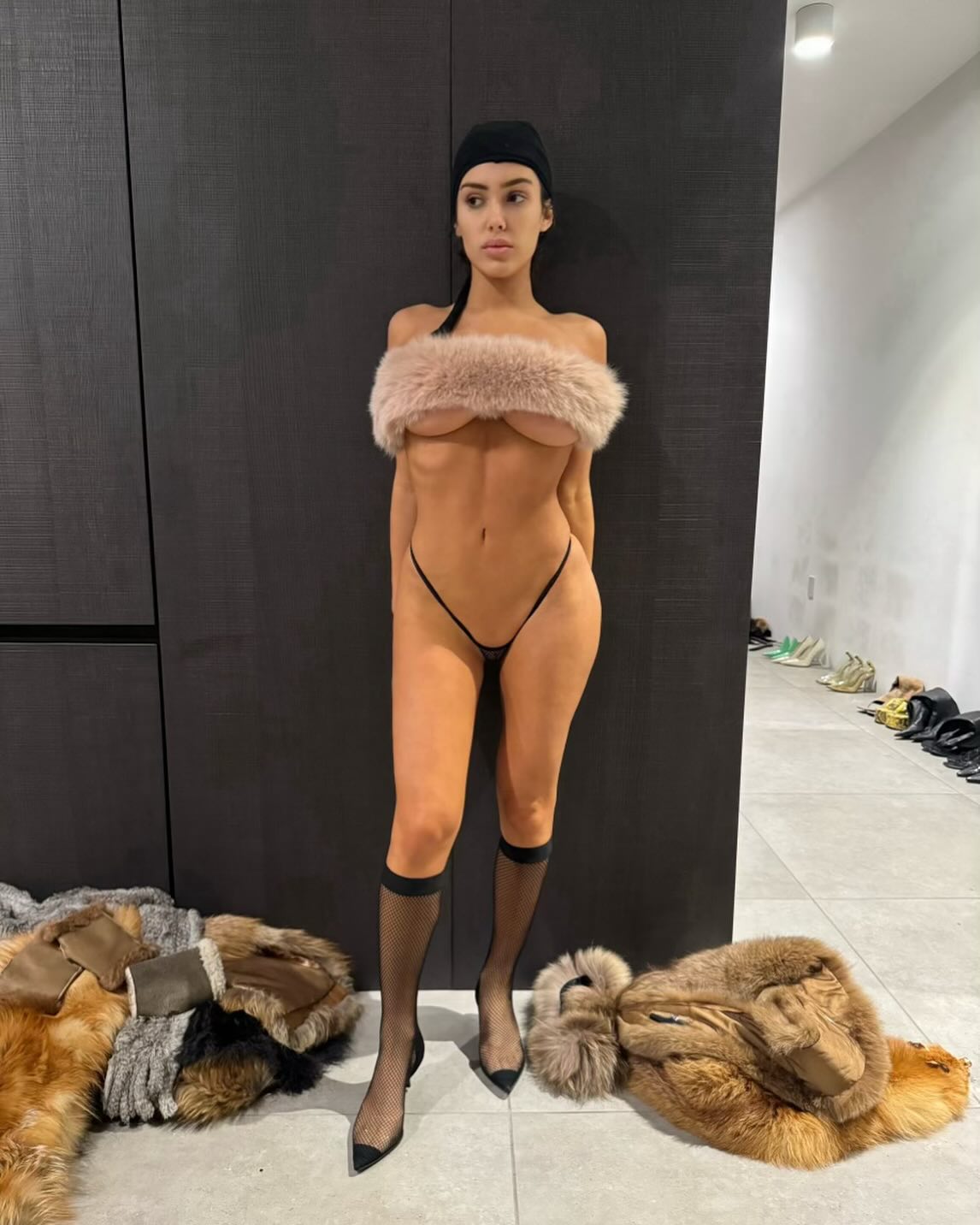
Legal experts note that this case could have broader ramifications for the company, particularly if it leads to further investigations or additional claims from other employees. The use of NDAs and ‘volunteer’ agreements in such contexts is also likely to come under scrutiny, potentially prompting calls for more stringent regulations and protections for employees.
The situation underscores the importance of maintaining professional boundaries and addressing complaints appropriately within corporate environments. It also serves as a reminder of the potential consequences of attempting to resolve serious allegations through financial settlements rather than through transparent and fair processes.
As the case progresses, more details are expected to emerge, shedding light on the internal dynamics at Kanye West’s company and the actions of those involved. The outcome will be closely watched, not only for its impact on the parties directly involved but also for its potential influence on corporate practices and employee rights.
In conclusion, Bianca Censori is facing a lawsuit from an employee of Kanye West’s company over allegations of sending inappropriate videos and attempting to secure a non-disclosure agreement with a substantial payment. The legal bаttle highlights significant issues related to workplace conduct, the use of NDAs, and the handling of internal complaints. The case’s developments will be critical in understanding its broader implications for the company and corporate governance standards.